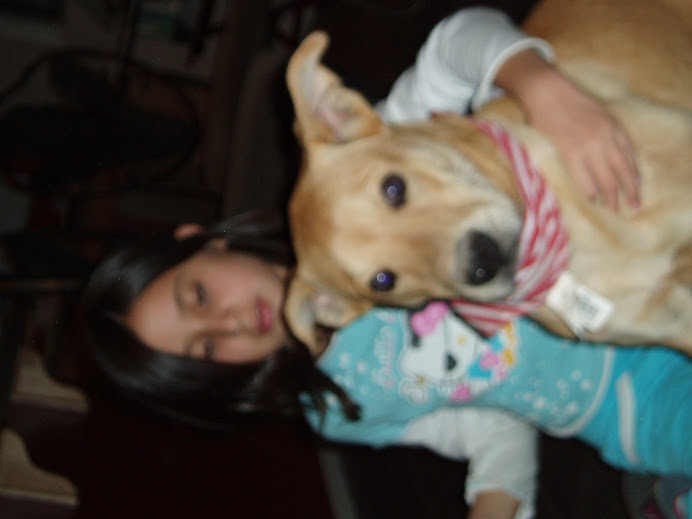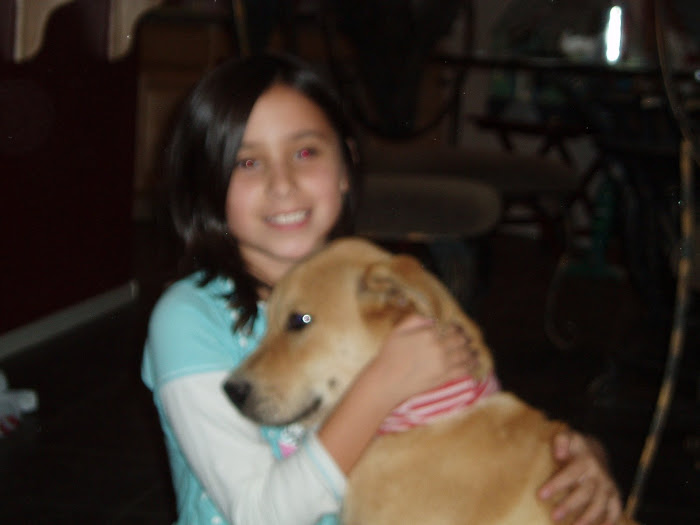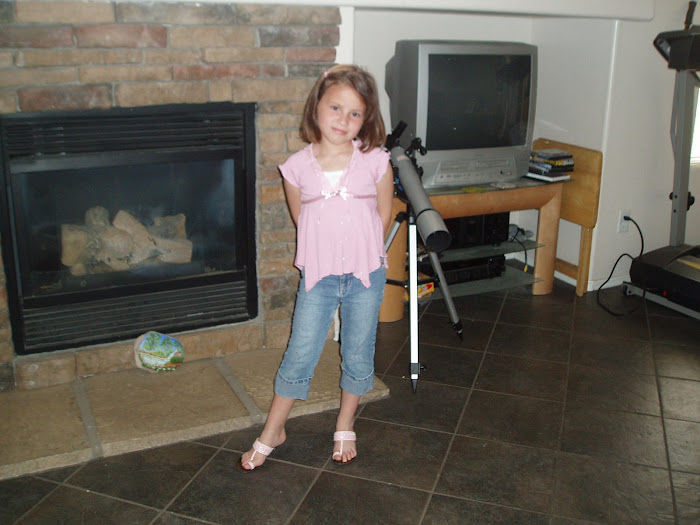I first went to the wrong area I signed up for alerts and then I figured it was to easy to be true I just put in words and that was it I will get news alerts. But then I remembered about what I have researched and it said I had to just plug in the url's I wanted to get alerts from.
I still haven't figured out how to use it with blackboard but since I plan to begin writing articles this summer on a calling to get the Hispanic Community unified and immigration issues, I chose url's related to Hispanic issues and immigration and Politics. However, I have found a new passion that has left me uneasy. I want to research more on Second Life. As a future Psychologist I want to propose to Dr. Lewis from the West Campus to maybe do a research on behavior, what kind of people are spending money in a virtal world, addiction, I just have a lot of questions and curiosity. I want to explore the financial aspect, the psychological aspect, and more on the culture of the Virtual World, so I set some url's to get hot off the press information on Second life or any other virtual world.
RSS (Rich Site Summary) is a format for delivering regularly changing web content. Many news-related sites, weblogs and other online publishers syndicate their content as an RSS Feed to whoever wants it (http://www.whatisrss.com/). Furthermore, RSS is an XML-based format that allows the syndication of lists of hyperlinks, along with other information, or metadata, that helps viewers decide whether they want to follow the link. This allows peoples’ computers to retrieve and understand the information, so that all of the lists they’re interested in can be tracked and personalized for them. It is a format that’s intended for use by computers on behalf of people, rather than being directly presented to them (like HTML).
RSS has gone through many changes since its inception. The first RSS was .09 which is now obsolete, then .91 came about and this has become a migration path to 2.0. RSS .92, .93, and .94 have also become obsolete. 2.0 is what is currently being used however, it is an easy migration path from the previous forms of RSS (http://www.mnot.net/rss/tutorial/).
RSS are aware programs called news aggregators and are popular in the blogging community. News aggregators can be very helpful with a persons favorite web blogs. Furthermore, RSS is not just for news but for anything that can be broken down into discrete items can be syndicated via RSS. Pilgrim mentioned that since there are seven different formats called RSS the public needs to be liberal enough to handle allthe variations (Pilgirm).Aggregators are the most common use of feeds, and there are several types. Web aggregators (sometimes called portals) make this view available in a Web page; Aggregators have also been integrated into e-mail clients, users’ desktops, or standalone, dedicated software.
Aggregators have many special features, that combine several related feeds into one view, hiding entries that the viewer has already seen, and putting feeds and entries into categories.
Other uses of feeds include site tracking by search engines and other software; because the feed is machine-readable, the search software doesn’t have to figure out which parts of the site are important and which parts are just the navigation and presentation (http://www.mnot.net/rss/tutorial/).
There are many reasons to use RSS . RSS solves a problem for people who regularly use the web. It allows you to easily stay informed by retrieving the latest content from the sites you are interested in. You save time by not needing to visit each site individually. You ensure your privacy, by not needing to join each site's email newsletter (www.whatisrss.com).






2 comments:
Charlotte,
I definitely agree with you. At first, I wanted to delay this assignment as much as possible and was quite confused also. However, once I watched the youtube video I felt like it made more sense. Sometimes being taught these things through pictures and sound makes it so much easier to understand than reading about it, when all the descriptions just use more computer lingo words I don't know. Good post!
Delaying never makes life easier or problems go away. But following others lead is a great way to make sense of confusing ideas.
Some people love to get out in front and explore. I too like to wait till there's a really good YouTube video or Wikipedia post ;)
SL: Edward Castranova did a dissertation in economics on synthetic worlds. Read that and you'll be able to be much more convincing in proposing your research.
Post a Comment